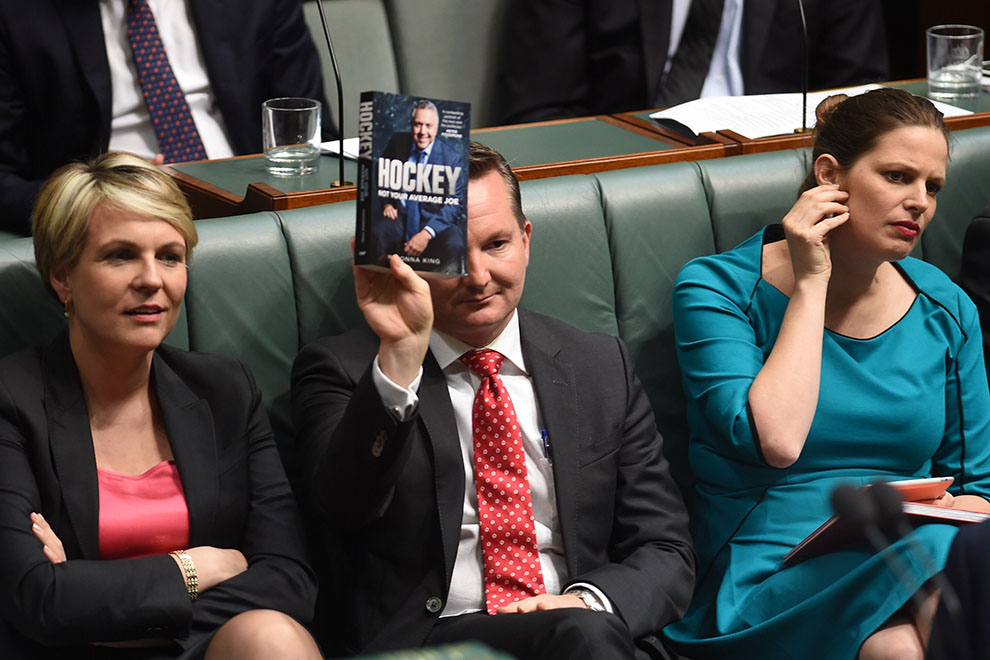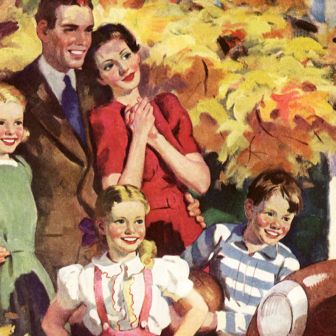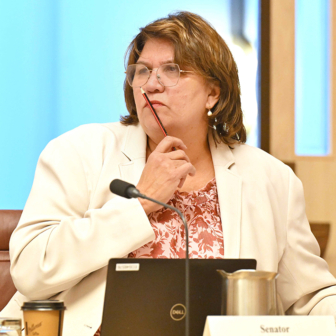When Labor, led by Bob Hawke, came to power in 1983, it set about demolishing the record of its predecessor, the Fraser government, which had been in office for seven-and-a-half years. We knew they were awful, explained Hawke, Paul Keating and others. That’s why they were voted out. But now we’ve seen the state of the books even we are surprised at how atrocious they were. They left the economy in tatters and hid the diabolical state of the budget.
Gough Whitlam’s 1972–75 government wasn’t spared either: for modern Labor it was a textbook case of what to avoid in office. And they went further back, too, through the “Rip Van Winkle years” (Keating’s description) of Bob Menzies, 1949–66, and the six years and three Liberal prime ministers of 1966–72: a period Labor characterised as torpid, drifting and shortsighted. (They stopped at 1949. Best let sleeping Labor legends lie.)
Australia, Hawke’s Labor explained, was lucky to finally have a government prepared to resuscitate the sclerotic carcass of the economy it had inherited and prepare the nation for the future.
When John Howard led the Coalition back into office another thirteen years later, there was none of the bipartisan praise for that reforming 1980s Labor government that is so fashionable at the moment. Howard and treasurer Peter Costello insisted that Hawke and Keating had been just awful: big-spending and beholden to unions, they had left the country in a sea of red ink.
The language they employed is familiar today. This, for example, is from the treasurer’s 1998 budget speech:
You couldn’t undo thirteen years of Keatingism in thirteen months. You weren’t going to be able to change around a financial position which had deteriorated as badly as it had in a short period of time. But the important thing in March of 1996 was to start. And to start doing hard yards.
Alter a name, a year and a number and it could be Joe Hockey talking today.
The Howard storytellers didn’t end with their immediate predecessors either, but they had to deal with Fraser to get to Whitlam. They didn’t seem to mind: that earlier Coalition government had been a big disappointment. (Howard was treasurer for the final years but he could only do what his boss allowed him to.) But the Menzies years remained out of bounds.
And then, in 2007, Labor was back, and the bragging rights were theirs again. How would they exercise them? Having waited so long, they must have been brimming with tales of the horrors their predecessors had wrought, waiting to be told with colour and movement.
It turned out that they offered almost nothing. Labor’s senior figures, and the party machine, were not up to constructing much of a tale at all. (Here is how it looked to me at the time.) Too insecure, too reliant on market-research truisms and too line-rehearsed to do a job on anyone. Kevin Rudd and treasurer Wayne Swan made half-hearted attempts to trash the Howard government’s record, but their priorities must have been somewhere else.
They did talk the big talk before their first budget – when, almost by ritual, unpopular decisions are taken and blamed on you-know-who – and then they squibbed it. A treasurer constantly in a state of stage fright and a prime minister deeply afraid of becoming unpopular proved a debilitating combination. Then came Julia Gillard, even more rote-learned and steeped in the customs of the machine-men. Rather than present themselves as the pinnacle of political evolution, Rudd and Gillard latched on to Hawke and Keating. We’re just like them, they insisted.
Now they’re history and the Coalition is back. The current inhabitants at least look and act like they believe they belong there, not in opposition, even if they are baffled that the Australian population doesn’t share their estimation of their worth.
The Howard legacy is both a plus and a minus for the Abbott government. As opposition leader, Tony Abbott held out the prospect of a rerun of the Howard years – or at least the concluding five years. If Australians elected the Coalition they would get a return to the pre–global financial crisis world of government budget surpluses, open wallets and credit cards at the ready. Confidence, easy money. It was a powerful motivator.
The Coalition knew these promises were unsustainable because the world had changed. But the plan was to hit reset once they got into office and begin a new story – as most fresh governments do, or attempt to do.
The Coalition’s fiscal narrative is built on the lie that the budget is in deficit because of Labor spending. In truth, any government would have presided over a similar turnaround in government finances during the financial crisis, and the causes of the structural budget problems are longer-term.
But Abbott, Hockey and finance minister Mathias Cormann are constrained: they are unable to push blame back further than November 2007, when Labor came to office. That would mean damaging the legacy of the Howard government, and of Howard himself, which is off-limits. If any of them even tried, however mildly, the party faithful and its self-appointed Liberal guardians would erupt in fury.
So they’re stuck with Rudd and Gillard. The budget mess is all their fault. But as the revenue write-downs continue, the story becomes less and less plausible.
The government is in trouble, but at the next election it will still have one thing going for it: the opposition. The modern Labor Party keeps doing what it did in government, avoiding any talk about debt and deficits. The argument remains winnable, but they’ve convinced themselves it’s too hard, they can’t win on it and it won’t matter on election day. Australians are so angry they will vote the Abbott government out, the argument goes; health and education will win the day. Labor’s pollsters agree: stay away from debt and deficits, they tell the party.
They’re wrong, and most Australian federal elections are, deep down, about economic security. This will shock Labor at the next election. But it shouldn’t. •





